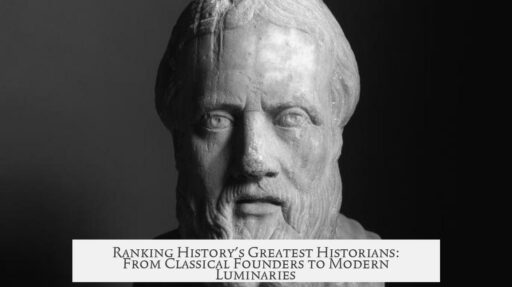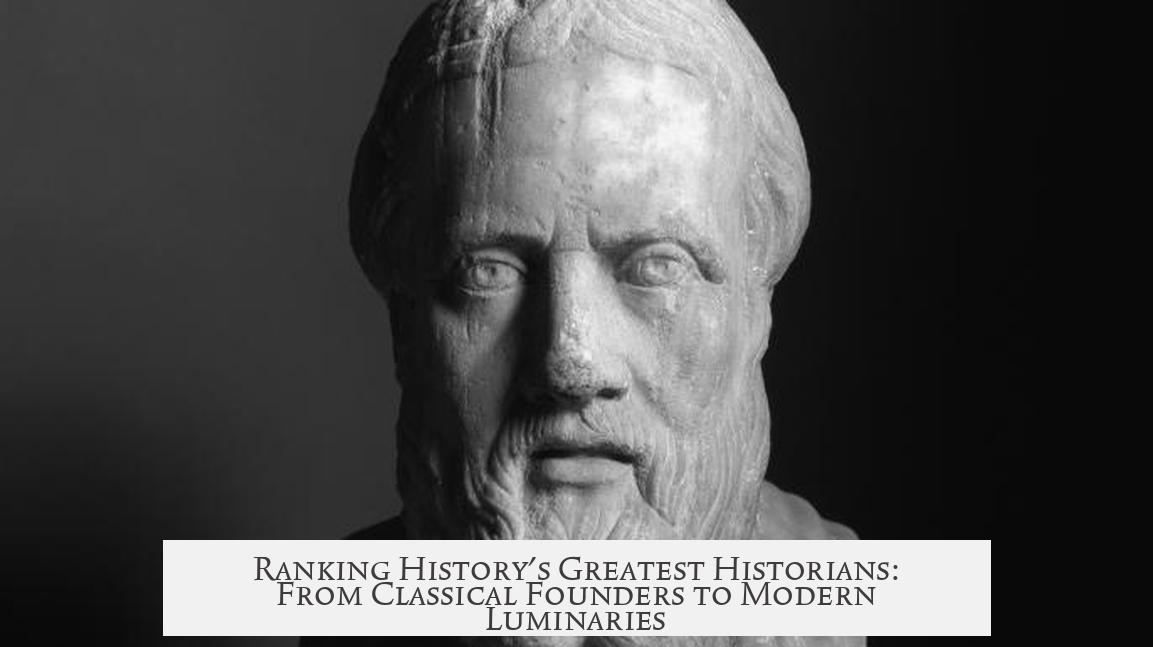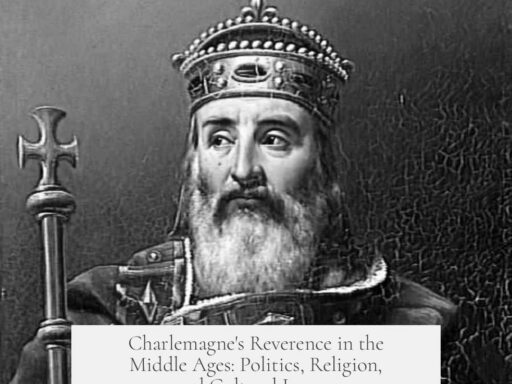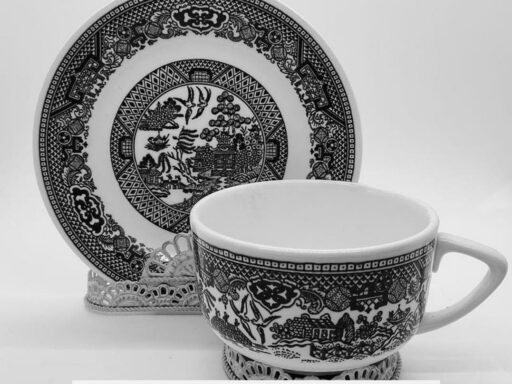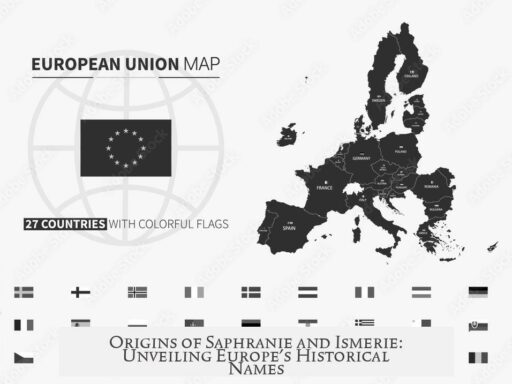Ranking history’s greatest historians requires balancing influence, methodology, and lasting relevance. Herodotus is revered as the “Father of Historians,” yet his work aligns more with storytelling than modern history. Thucydides, often called the “Father of Scientific History,” introduced rigor through evidence and cause-effect analysis. These two ancient figures mark the start of the discipline.
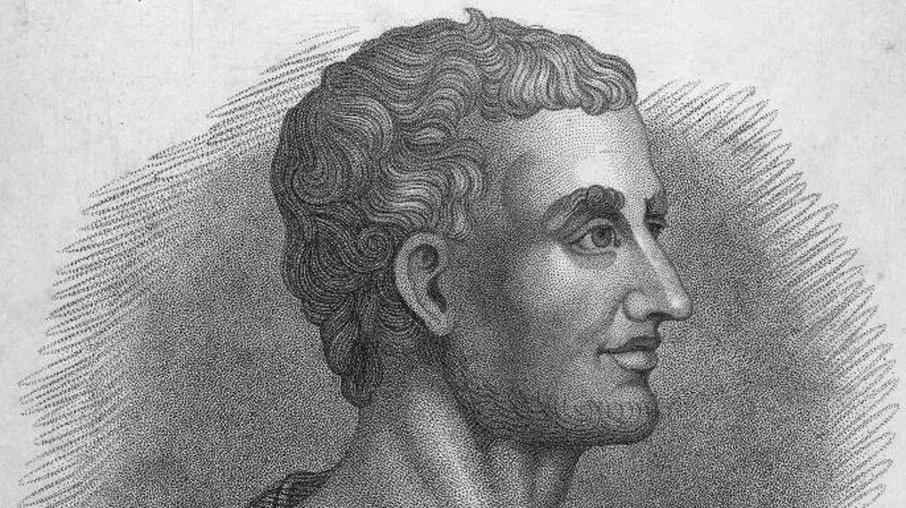
Herodotus calls his work “inquiries” rather than history as understood today. Cicero named him “pater historiae,” but “historia” then meant report or narrative, not critical examination. This distinction is crucial: Herodotus collected stories to preserve human deeds and marvels from both Greeks (Hellenes) and non-Greeks (“Barbarians”).
Thucydides transformed history by seeking factual accuracy. He analyzed evidence critically and explored underlying causes of events, rather than simply recounting what happened. This approach shapes historical scholarship today.
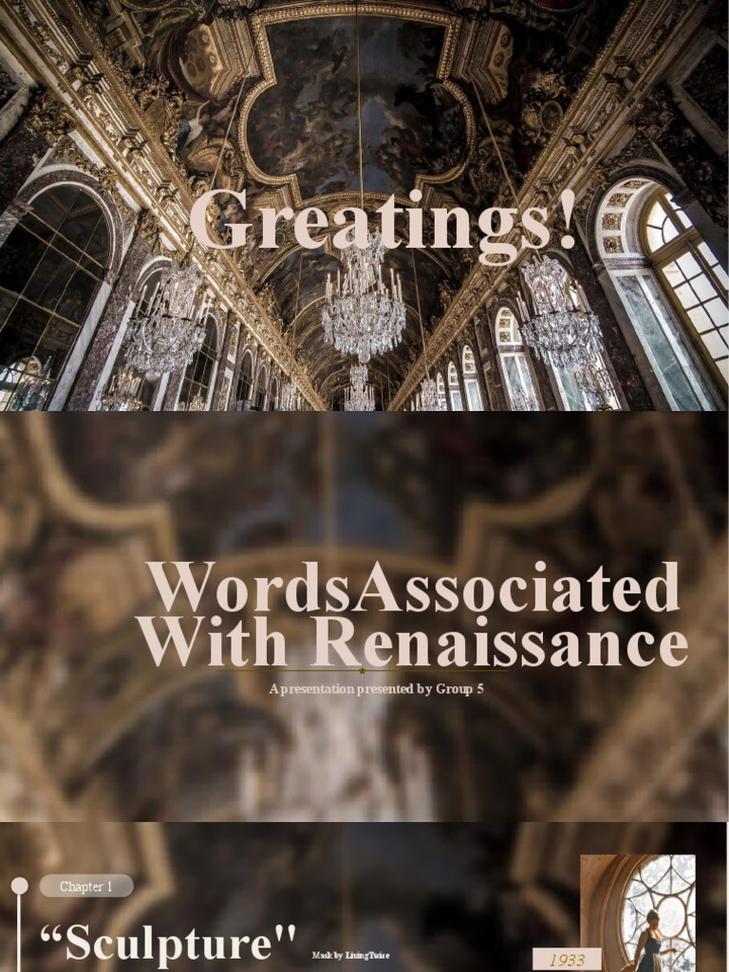
Other notable ancient historians combined scholarship with accessible writing. Suetonius, Tacitus, and Livy popularized history by weaving personal insight and subtle rhetoric into their accounts. Suetonius’s The Twelve Caesars remains widely read for its vivid portraits.
Plutarch stands out for parallel biographies of famous figures like Caesar and Alexander. Though not always accurate, his works reveal Roman views about their past, offering vital cultural insight. The Venerable Bede wrote early medieval history of Saxon England amid scarce intellectual resources.
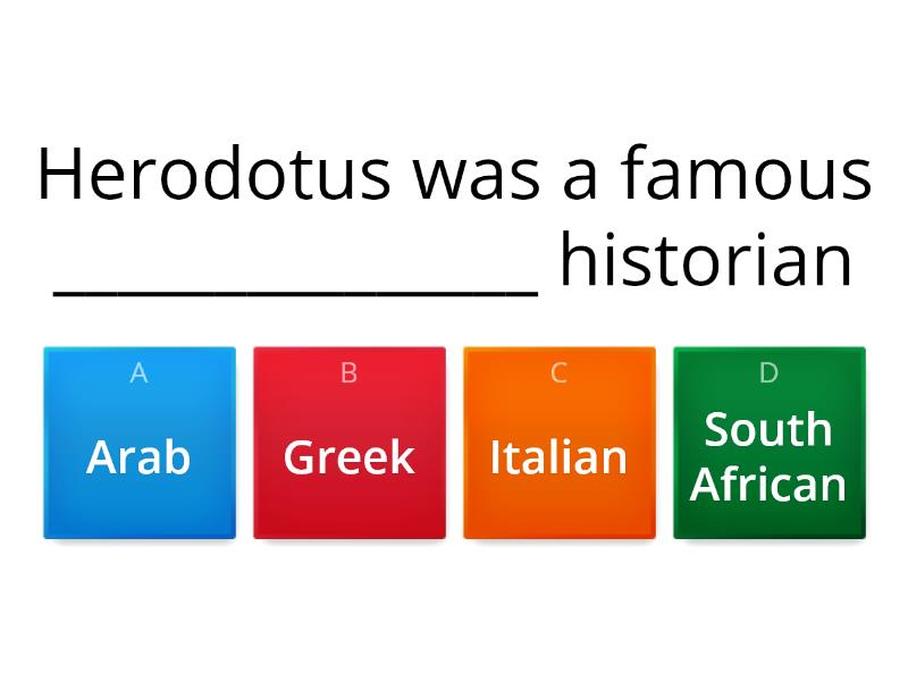
Modern academic historians apply critical source analysis and theoretical frameworks to approach historical truth, aware it remains provisional. Reinhard Koselleck balanced debates between postmodernist skepticism about objective history and constructivist optimism.
Contemporary voices like Yuval Noah Harari bring sweeping narratives, linking anthropological origins to current societies in books like Homo Sapiens and Homo Deus. Christian Meier focuses on Roman political collapse, and John Keegan covers war history from the Civil War to world wars. Eric Cline investigates Bronze Age civilization collapse, while Andrea Frediani writes compellingly from a Roman perspective.
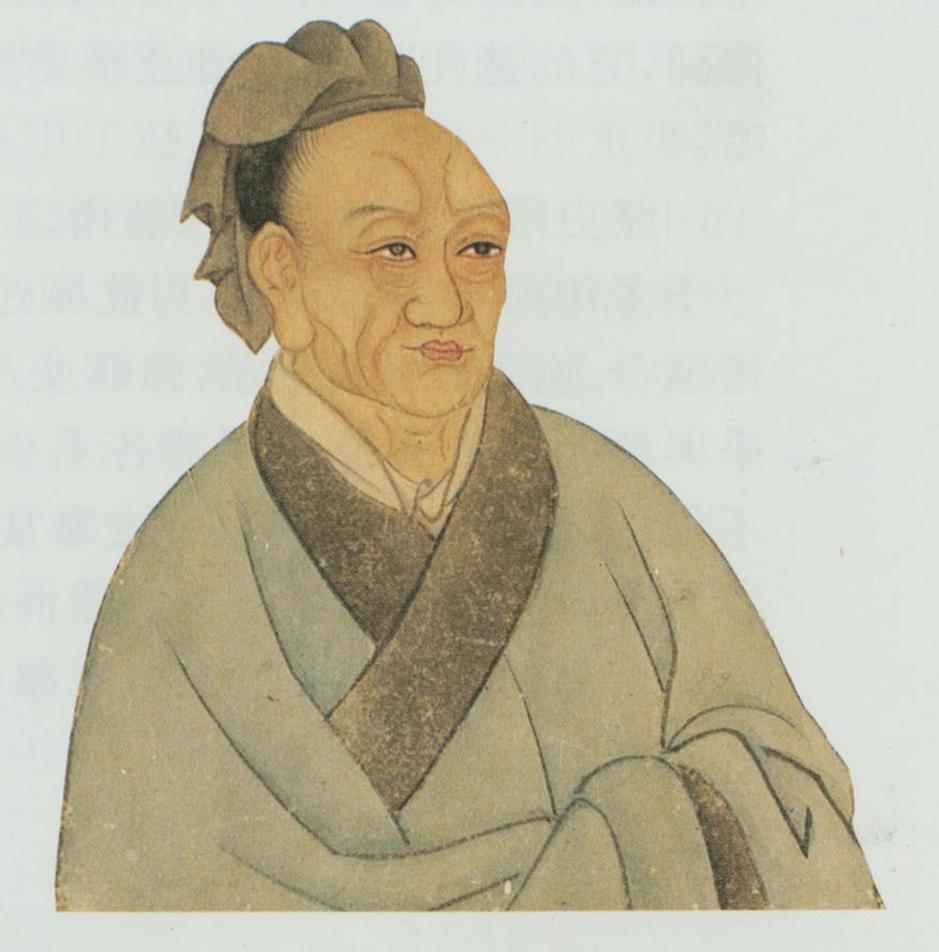
Other historians enriched the field from diverse traditions: Sima Qian’s Han dynasty work shaped East Asian historiography. Karl Marx influenced historiography through class analysis and economic structures. French historians Fernand Braudel, Marc Bloch, and Jacques Le Goff innovated social and longue durée approaches. Peter Brown specializes in late antiquity, Eric Hobsbawm studies modern eras, and Ellen Meiksins Wood explores Western political thought.
Ranking historians poses challenges. Influence may favor early figures like Herodotus or Thucydides, but their ideas may be outdated or debated. Historians differ in theoretical outlooks; some focus on political history, others on sociology or anthropology. This fragmentation prevents consensus.
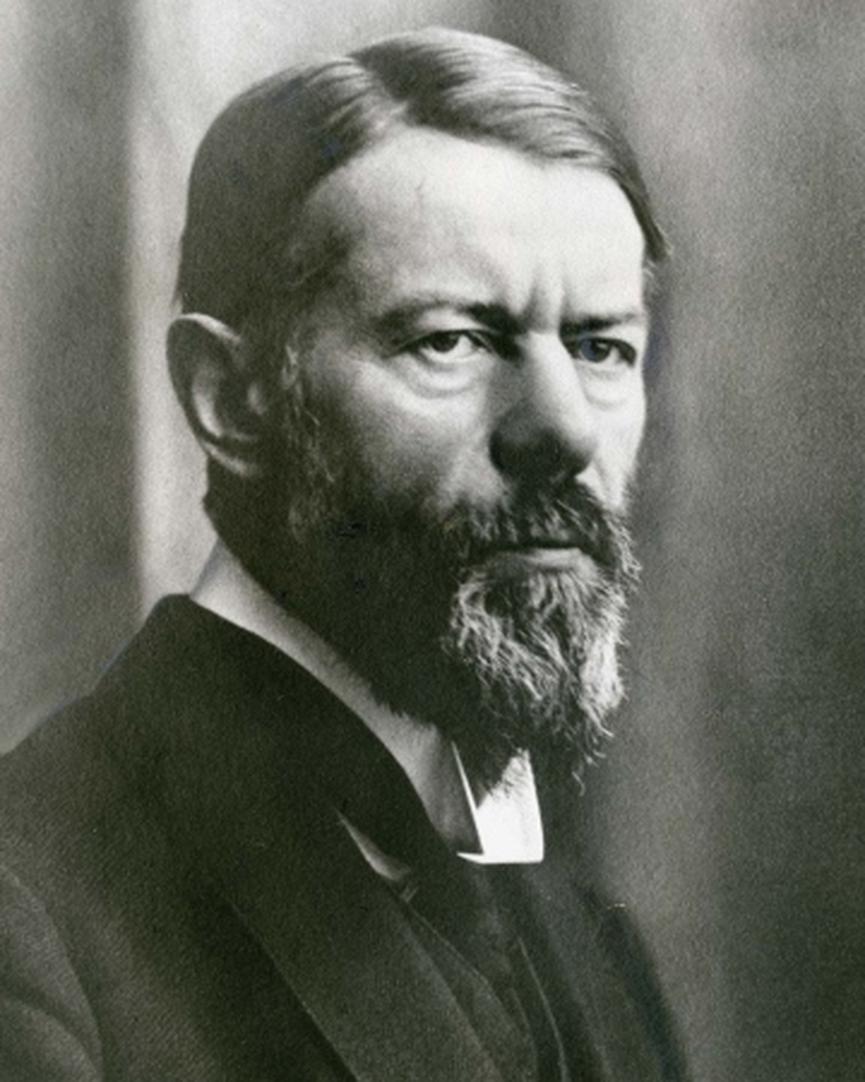
| Historian | Contribution / Role |
|---|---|
| Herodotus | Father of Historians; early narrative historian not aligned with modern standards |
| Thucydides | Father of scientific history; introduced evidence and cause-effect analysis |
| Suetonius | Popularized history with engaging style (The Twelve Caesars) |
| Plutarch | Biographer providing Roman self-conception and cultural insight |
| Reinhard Koselleck | Theoretical historian mediating between postmodernism and constructivism |
| Yuval Noah Harari | Broad human history narratives linking past and future |
| Christian Meier | Expert on Roman Republic collapse |
| John Keegan | Military historian on major wars |
| Eric Cline | Archaeological approach to Bronze Age decline |
| Sima Qian | East Asian official historiography model |
| Karl Marx | Historic materialism and class-centered historiography |
| Fernand Braudel | Annales school pioneer, social history and longue durée |
Ultimately, greatness in history is multidimensional. It depends on influence, methodology, narrative skill, and the ability to adapt or challenge prevailing views. Ranking historians is therefore not straightforward but reflective of varied aims and contexts.
- Herodotus founded narrative history but differed from modern standards.
- Thucydides introduced scientific rigor shaping today’s academic history.
- Popularizers like Suetonius and Plutarch made history accessible and culturally revealing.
- Modern historians debate objectivity and use theories to approach truth.
- Ranking historians depends on criteria: influence, accuracy, style, or methodology.
- Historians span global traditions and diverse analytical frameworks.
Ranking History’s Greatest Historians: A Journey Through Time and Thought
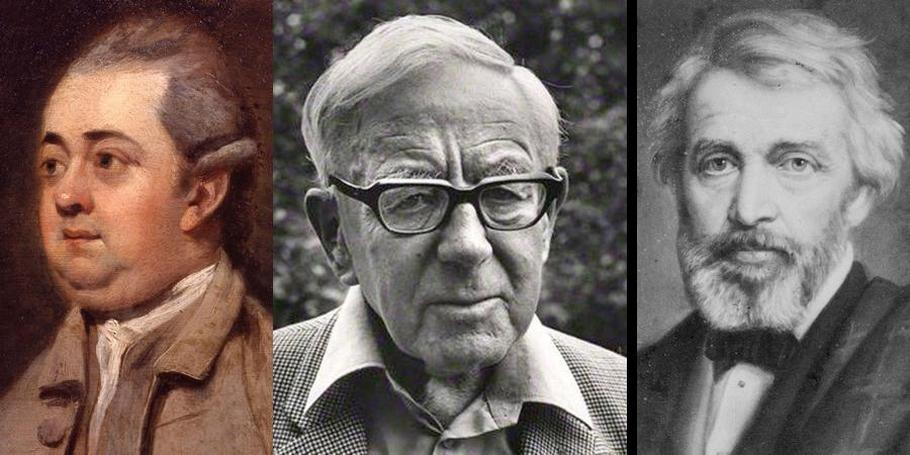
Who ranks as history’s greatest historians? It’s a tough call, blending influence, innovation, style, and the shifting sands of what “history” really means. From ancient chroniclers crafting narratives to modern academics dissecting sources, the landscape of historians is vast and varied. Let’s dive into a detailed yet lively exploration.
History might be the study of the past, but who exactly shaped how we view and understand that past? It turns out that the “greatest” historians aren’t always the ones with the most facts; often, it’s the thinkers who redefined history’s very nature.
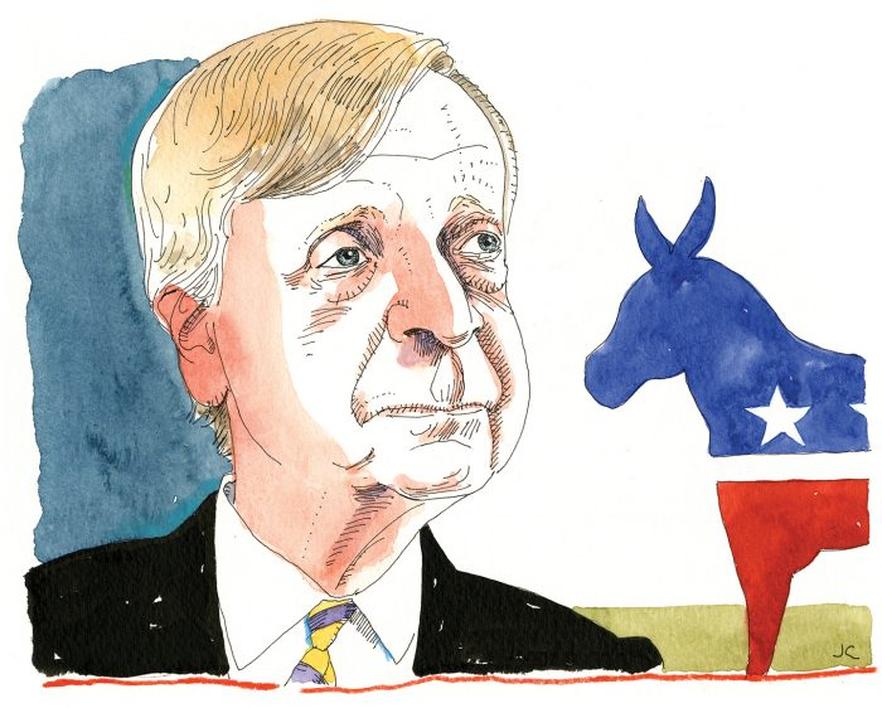
Classical Founders: Herodotus and Thucydides
First up, the origin story: Herodotus, famously called the “Father of Historians.” But here’s a twist. He wasn’t quite the historian we think of today. His work, Historiai, wasn’t history as a strict academic discipline. Instead, it was an inquiry, a storytelling effort to preserve “deeds and works” of various peoples, both Hellenes and what he called “Barbarians.”
“This is the showing forth of the inquiry of Herodotus of Halicarnassos… that the deeds of men may not be forgotten by lapse of time.” (Hdt. 1,1)
So, Herodotus was a storyteller and inquirer, rather than a historian in the modern sense. Historians today often call him a “historiographer” to separate his kind of narrative from rigorous historical science.
On the other hand, Thucydides earns the crown as the “Father of Scientific History.” Why? Because he introduced evidence-gathering and analysis of cause and effect — a big leap from Herodotus’s tales. He scrutinized sources and events critically, aiming to understand not just what happened but why. This approach set the foundation for how history is studied today.
Popular Historians of Antiquity Who Made History Accessible
Fast forward to historians like Suetonius, Tacitus, and Livy. These guys did something crucial: they democratized history. These authors made historical works readable and relatable. They didn’t just list events; they flavored their works with suggestion, innuendo, and rhetorical flair. Their history was as much about the people as about the events.
For a personal pick, Suetonius’ The Twelve Caesars stands out — equal parts juicy biography and political intrigue, perfectly blending history with entertainment.
Then there’s Plutarch, not quite a historiographer, but a master biographer. His parallel lives of Hellenic and Roman figures like Caesar and Alexander mix storytelling with historical insight. Plutarch offers us a window into how Romans perceived themselves and their history, in prose both informative and engaging.
And don’t forget The Venerable Bede, who worked wonders chronicling Saxon England despite limited sources, showing how history still thrived in challenging intellectual climates.
Modern and Academic Historians: Critical Thought and Controversies
Modern historians define history as a “critical examination of sources” and a process of deconstructing common past narratives. The goal shifts to theorizing, debating truths, and striving for objectivity. But, hold your horses – this brings us to fascinating territory: postmodern critiques.
From the 1970s through the 1990s, postmodernists questioned if historical “truth” even exists. They argued history is subjective, shaped by storytellers’ biases. This shook up historical studies and still sparks debates today.
Enter Reinhard Koselleck, who introduced the idea of “veto power of the sources.” What does that mean? He balanced the debate: history isn’t purely subjective nor entirely objective. Sources hold both authority and limitations. This mediated between extreme views and helped refine how historians approach evidence.
Contemporary giants like Yuval Noah Harari show just how broad history can be. Harari’s books — Homo Sapiens and Homo Deus — tell sweeping stories of humanity’s past and speculate on future directions. It’s history told on a cosmic scale, reminding us how tiny individuals fit into massive human progress.
Specialists With Depth: Christian Meier to Eric Cline
Then we have focused scholars like Christian Meier, who dives deep into Roman history. His study of the Roman Republic’s collapse (Res publica amissa) adds nuance to ancient political shifts. Military history enthusiasts can’t miss John Keegan, whose accessible overviews on wars like the American Civil War provide clarity on complex conflicts.
Also notable is Eric Cline, an archaeologist who expertly explores the Bronze Age collapse. His book 1177 BC. The Year Civilization Collapsed reads like a thriller, piecing together civilizations’ mysterious decline with archaeological precision.
Andrea Frediani stands out as a military historian with a vivid narrative style focused on Rome. Reading him feels like marching alongside Roman legions, though his pro-Roman angle means a pinch of skepticism keeps the balance.
Other Historical Luminaries Across Traditions
History shines globally. Chinese historian Sima Qian crafted imperial historiography models influencing Japan and Korea. His work around 100 BC becomes the blueprint for East Asian official histories.
Karl Marx, often debated for his politics, is undeniably one of the most influential historians. His Marxist methodology centers history on class struggle and modes of production. For decades, Marxist thought was so pervasive that identifying as a Marxist historian was almost redundant—such was his method’s imprint.
Other notables include late antiquity scholar Peter Brown, and modern history expert Eric Hobsbawm. French historians Fernand Braudel, Marc Bloch, and Jacques Le Goff revolutionized understanding of social and medieval histories with the Annales school approach.
Ellen Meiksins Wood carved a niche in Western political thought history, adding to this rich tapestry of historical inquiry.
The Challenge of Ranking Historians
So, how do you rank historians? It’s surprisingly tough. Should one prioritize influence (where Thucydides and Herodotus score high), style, accuracy, or modern acceptance of their ideas? Ideas that were gold centuries ago might be debunked now. Historical methods evolve, so no single “best” historian can hold the crown forever.
Adding to this, some historians lean heavily on sociology or anthropology, blurring strict historical lines. Ranking them might miss the holistic value they add to understanding contexts beyond mere events.
Curated Rankings and Further Exploration
For readers eager to delve deeper, a curated list exists with the top 11 greatest historians ever here. It’s a lively community space for debate, suggestions, and corrections—a fitting tribute to history’s ongoing conversation.
Summary Table of Notable Historians and Their Contributions
| Historian | Contribution / Role |
|---|---|
| Herodotus | Father of Historians; early narrative historian not fully aligned with modern history concept |
| Thucydides | Father of scientific history; cause and effect analysis |
| Suetonius | Popularized history with engaging, subversive style (The Twelve Caesars) |
| Tacitus | Style-driven historian |
| Livy | Popularizer of history |
| Plutarch | Biographer revealing Roman historical self-conception |
| The Venerable Bede | Early medieval historian |
| Reinhard Koselleck | Theoretical historian; veto power of sources |
| Yuval Noah Harari | Broad sweep human history and future trends |
| Christian Meier | Roman Republic specialist |
| John Keegan | Military historian of American Civil War, WWI, WWII |
| Eric Cline | Archaeologist focusing on Bronze Age collapse |
| Andrea Frediani | Military historian with vivid Roman narratives |
| Arnold J. Toynbee | Major 20th century historian |
| Oswald Spengler | Philosopher-historian |
| Procopius | Historian of Justinian’s reign |
| Theodor Mommsen | Roman historian; Nobel Prize recipient |
| Karl Christ | German modern historian |
| Fernand Braudel | Annales school; longue durée approach |
| Leopold von Ranke | Founder of modern historical methodology |
| Polybius | Ancient historian; honorable mention |
| Sima Qian | Chinese historiographer; influencer of East Asian historiography |
| Karl Marx | Historic materialism and methodology pioneer |
| Peter Brown | Late antiquity/early middle ages specialist |
| Eric Hobsbawm | Modern history specialist (19th & 20th centuries) |
| Marc Bloch, Jacques Le Goff | French medieval and social historians |
| Ellen Meiksins Wood | Historian of Western political thought |
Final Thoughts: Can We Ever Pick the “Greatest”?
History isn’t static, and neither is how we view historians. Defining “greatness” depends on what you value: narrative skill, factual analysis, theoretical innovation, or influence. What do you think? Should we crown a single greatest historian, or celebrate this rich lineage of thinkers who shaped our view of the past in so many different ways?
Honestly, trying to rank history’s historians might be like ranking the colors of a rainbow—each essential in its own right. Perhaps the true legacy lies in how they all invite us to understand, question, and appreciate the human story through time.
